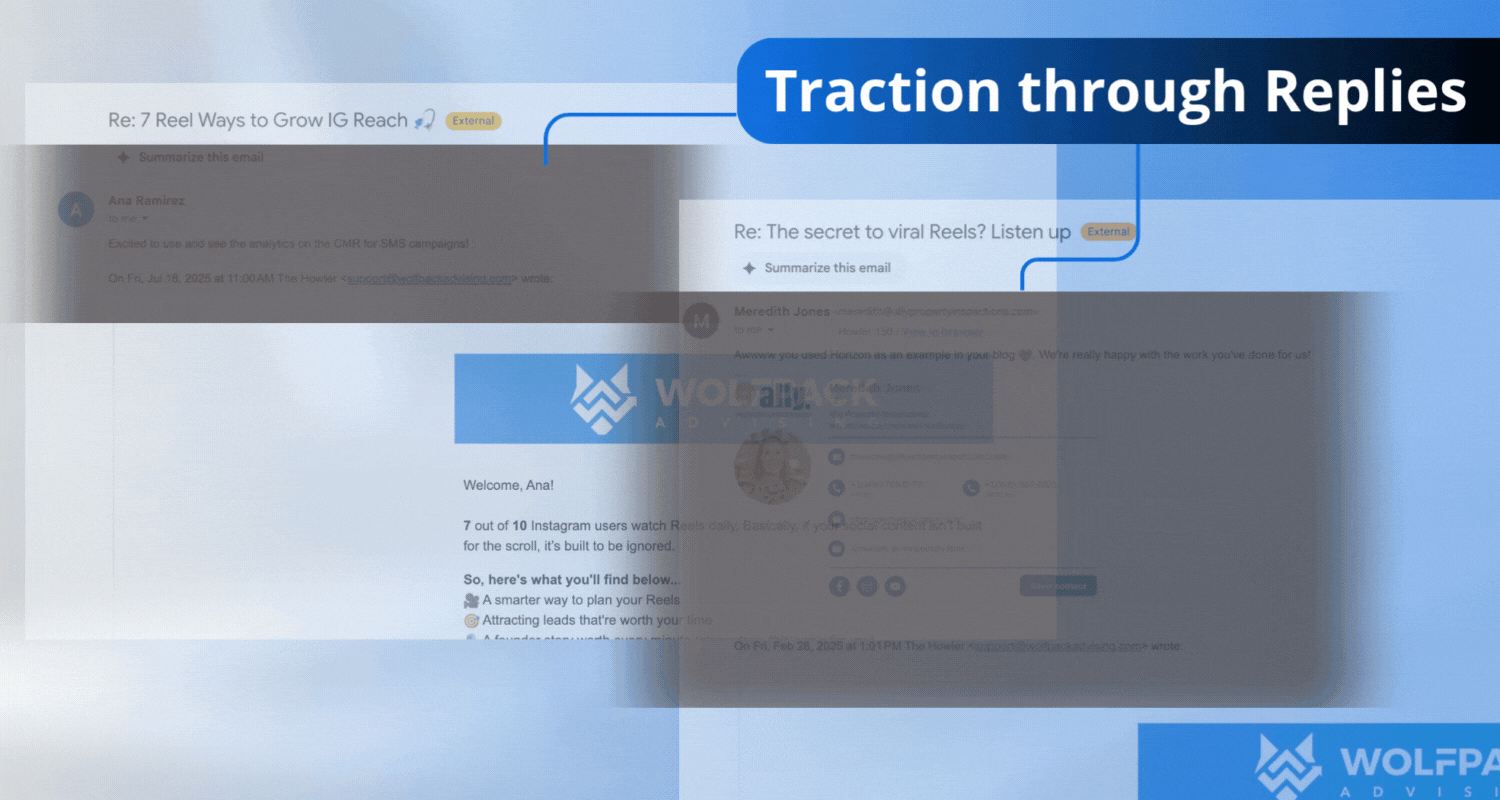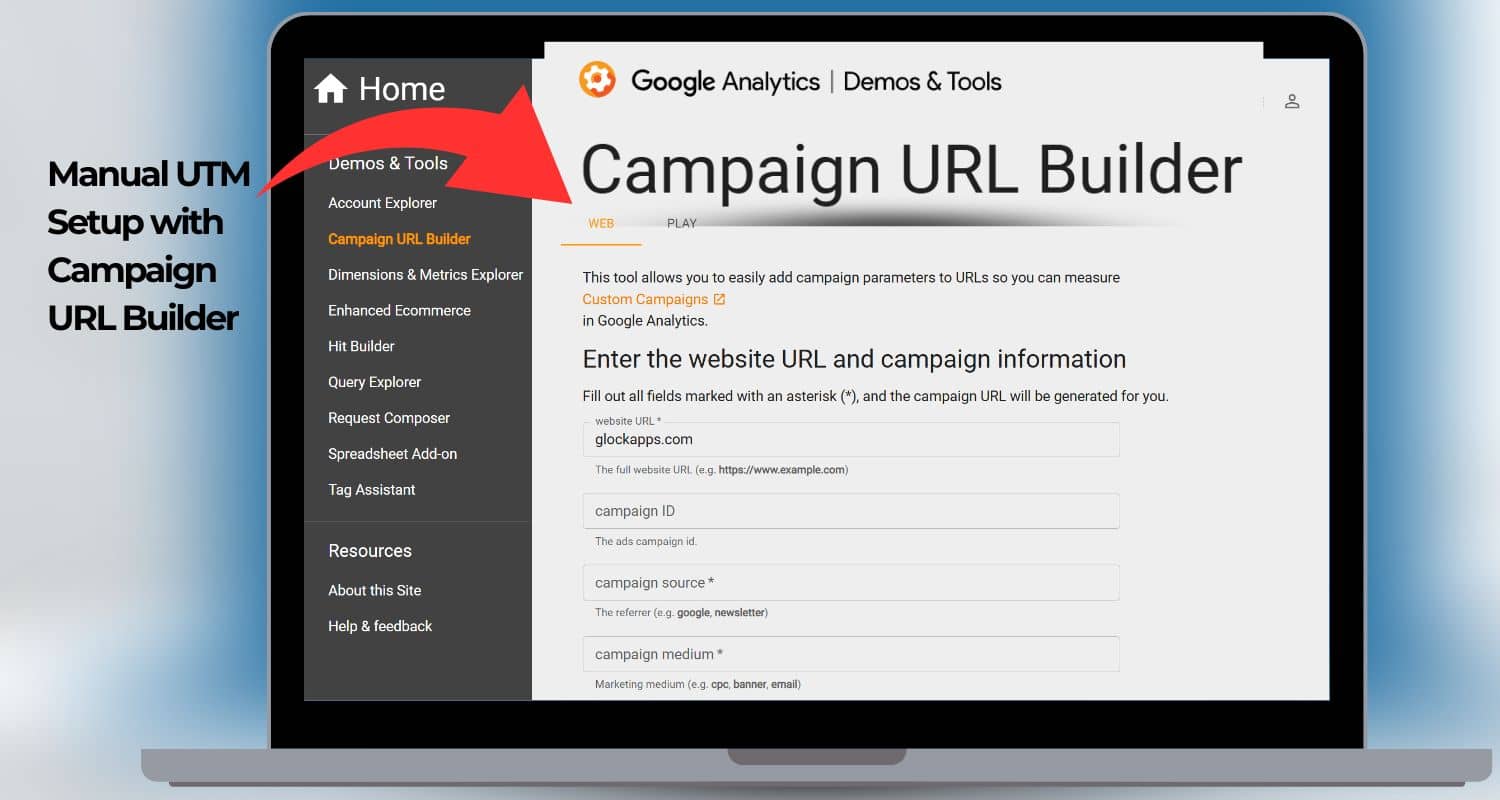Last updated on December 9th, 2025 at 08:18 pm
You just hit “Send” on that important email. Maybe it’s a proposal you spent days perfecting or a warm introduction to a potential partner. Now you’re wondering: did it get passed along to other decision-makers? Most business professionals want to know how to tell if their email has been forwarded, but they’re often told it’s impossible.
Here’s the thing, though. While there’s no direct alert, subtle clues are hiding in your data that reveal your email’s journey after it leaves your outbox. Learning how to tell if your email has been forwarded becomes even more important when you consider the Email Forward Rate.
The real power isn’t just knowing if it was forwarded, but understanding what that action means for your business. When you master how to tell if your email has been forwarded, you gain valuable insights into your message’s true reach and impact.
Contents
Why You Don’t Get a Forward Notification
The reason you don’t receive an automatic alert is due to the nature of email technology. When someone forwards your message, their email service, such as Gmail, creates a new email. Imagine making a photocopy of a letter and mailing it yourself from a different post office. Your email server, the original post office, only has a record of the first delivery. It has no knowledge of the subsequent journey the copied letter takes.
Every email has hidden data called “headers,” which act like a digital passport, stamping the message’s route from server to server. When an email is forwarded, an entirely new set of headers is generated. The original path is essentially wiped clean from the new message’s data. This technical process is the fundamental reason why learning how to tell if your email has been forwarded requires looking for indirect clues, not direct alerts.
However, just because the process isn’t tracked automatically doesn’t mean it’s completely invisible. Your email leaves behind footprints, and you just need to know where to look for them.
How to Tell if Your Email Has Been Forwarded Using 3 Hidden Signs
You can move from guessing to knowing by looking for a few key indicators. These signs are available through tools you might already be using. Learning how to tell if your email has been forwarded is about connecting the dots between your email activity, website data, and human responses.
1) The Tech Clue in Your Tracking Software
The most common way to get a hint about a forward is through email tracking software. Many email marketing platforms (like ActiveCampaign or HubSpot) and sales engagement tools offer this feature. For anyone serious about sales or marketing, these tools are essential.
How it Works
These tools embed a tiny, invisible 1×1 pixel image into your outgoing email. When the recipient opens your email, their email client downloads that pixel. This download sends a signal, or “ping,” back to the tracking software, registering the email as “opened.” The same technology applies to link tracking, which notifies you when someone clicks a link in your message. This data is the cornerstone of how to tell if your email has been forwarded using technology.
The Evidence
The clue isn’t a single open; it’s the pattern of opens. Look for these red flags in your tracking dashboard:
- Multiple Opens from Different Locations: You sent an email to a single contact in Austin, Texas. Over the next hour, your software shows it was opened in Austin, then San Francisco, then New York. It’s highly unlikely your contact is traveling that fast. This is a strong sign that the email was forwarded to colleagues in other offices.
- A Flurry of Opens in a Short Time: One person might reopen an important email two or three times. But if you see 10, 15, or 20 opens within a single day from the same general area, it often means the email is being passed around an office or discussed in a meeting.
- Opens on Different Devices: Your tracker might show the email was first opened on a Desktop computer in Boston, and then opened 30 minutes later on an Android device in the same city. This could indicate it was forwarded from a work computer to a personal phone for review on the go.
Why This Data Matters
According to Gartner, the average B2B sale involves between 6 and 10 decision-makers. That flurry of opens could be your first indication that your message has successfully reached the entire buying committee, a critical step in any complex sale.
Understanding how to tell if your email has been forwarded through these tracking patterns can give you a significant advantage in navigating complex sales cycles.

2) The Human Signal in a New Reply
Technology offers clues, but humans give confirmation. The most definitive sign that your email has been forwarded is when someone you didn’t originally email replies to the thread. This is the most straightforward answer to the question of how to tell if your email has been forwarded.
The Evidence
This is an unmistakable signal. You might get a message that says something like:
“Thanks for sharing this, [Original Recipient’s Name]. [Your Name], my colleague Mark had a quick question about your timeline.”
Or perhaps:
“Looping in my manager, Sarah, who handles our budget for this.”
What This Really Means
This moment is more than just a confirmation; it’s an internal endorsement. Your original contact has vouched for your message’s importance by sharing it. They have become your internal champion, and you now have a new contact and a clear sign that your message is gaining traction.
This isn’t just a clue; it’s an invitation to broaden the conversation.
3) The Data Ripple on Your Website
Your email efforts don’t exist in a vacuum. They are directly connected to your other digital assets, especially your website. By using trackable links, you can watch for ripples in your website traffic that signal a forward. This method connects your email efforts to your business goals, providing a clear, data-backed way to tell if your email has been forwarded.

How it Works
Use trackable links, often called UTM links, in your emails. These are special URLs that tell your website analytics platform (like Google Analytics) exactly where a visitor came from. You don’t need to be a tech wizard to create them; free tools like Google’s Campaign URL Builder make it easy. For example, a link can tell you a visitor arrived by clicking the “View Proposal” button in your “Q3 Sales Follow-Up” email campaign.
The Evidence
Connect the timing. You send an email with a link to a case study on your website to one person at Company ABC. A few minutes later, you check your real-time analytics and see three simultaneous visitors from that company’s city, all landing on that exact case study page. This pattern strongly suggests the email was shared internally, and multiple people were interested enough to click through. You’ve successfully sparked a conversation and driven targeted traffic, confirming your message was relevant.
What to Do With This Insight
Knowing how to tell if your email has been forwarded is only the first step. The next step is to use that information strategically to build relationships and close deals without seeming intrusive.
For Sales Professionals
A forwarded proposal is a massive buying signal. Resist the urge to call and say, “I saw you forwarded my email!” That can feel invasive and break trust. Instead, use the insight to guide your next move.
- Actionable Step: Send a polite follow-up a day or two later. Say something like, “Just wanted to follow up and see if any of your colleagues had questions about the proposal. I’m happy to schedule a brief 15-minute call to walk your team through the key points.” This shows you’re proactive and helpful without revealing your tracking methods.
For Marketers
When you see a specific newsletter or blog post being forwarded frequently, you’ve struck content gold. It’s a clear indicator of what your audience finds valuable and share-worthy.
- Actionable Step: Use this data to inform your content calendar. If an article on “5 Ways to Improve Warehouse Efficiency” gets a lot of forwarded activity, consider creating a follow-up webinar, an in-depth case study, or a series of social media posts on the same topic.
A Note on Privacy and Security
Always be mindful of the information in your emails. If an email contains confidential or sensitive data, an unexpected forward could be a security concern. When sharing private documents, it’s often better to use a secure document-sharing service that gives you more control over who can view and share your content.
Conclusion
While you won’t get a direct notification, you are no longer in the dark. You now have a clear strategy for how to tell if your email has been forwarded by looking for the signs: the digital footprints in your tracking software, the human signal of a new reply, and the data ripples in your website traffic.
The primary objective isn’t merely to satisfy your curiosity. It’s to gain profound insights into how your message is being received and disseminated. Every forward serves as a testament to engagement, which is a signal that your content is resonating, your proposal is being considered, and your brand is initiating a conversation.
Knowing how your message travels is powerful. But turning that knowledge into a predictable system for growth is where the real work begins. If you’re ready to move beyond guessing and build a sales and marketing engine fueled by real data, the team at Wolfpack Advising is here to guide you. We’ll help you set up the right tools and strategies to not only see the signs but also act on them effectively.





